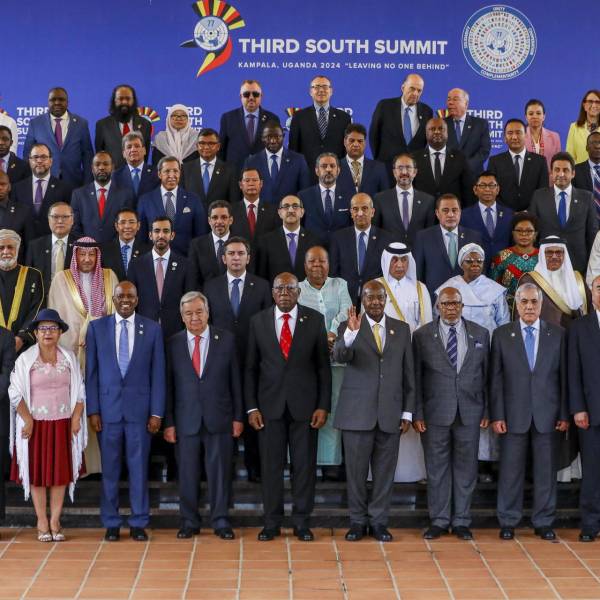Spending time in nature can reduce health costs thanks to its physical and mental health benefits

MADRID, October 8 (European press) –
Assuming that spending time in green spaces or forests reduced the impact of mental health problems by just 1% by 2030, annual global economic savings would amount to $60,000 million (€51.800 million), according to a report by Swiss Re. UK Institute.
The report, which calculates the economic value that spending time in nature could have thanks to its contribution to physical and mental health, notes that in the case of cardiovascular disease only, the same scenario would imply annual global economic savings of €10 billion.
The report focuses on mental health and cardiovascular disease, as well as the impact of exposure to air pollution, heat and noise. It uses health care cost data to estimate potential savings that could be made by incorporating more natural elements in urban and suburban areas, and examines how these changes might be linked to health and property insurance.
Air pollution is a global health problem, and urban areas with more trees have better air quality. A North American study reports that tree density in the United States meant that 17.4 million tons of pollutants were eliminated in 2010, which equates to health savings of $6.8 billion (€5.8 billion).
Trees also cool cities in summer and provide space for rest. They help prevent heat deaths, respiratory problems and mental disorders, and can be re-insured against severe weather.
Heat-related deaths are increasing worldwide due to climate change and the increased frequency of heat waves. Cities with good vegetation adapt better to the heat. One study suggests that the air temperature during heat waves in London can reach 4°C within a 400m radius of the parks.
“The benefits to society, health and the global economy from encouraging more time spent in nature are indisputable,” says Christoph Nephholz, chief research officer at the Swiss Re Institute. “We have seen COVID-19 lockdowns negatively impact human well-being.”
“It is therefore essential that we begin to value green space as a valuable asset such as public or private property. The reinsurance sector can play an important role in enabling the creation and protection of green spaces, for example, ensuring urban forests or green roofs”, he concludes

“Award-winning zombie scholar. Music practitioner. Food expert. Troublemaker.”


/cloudfront-eu-central-1.images.arcpublishing.com/prisa/AHVYMMDSTZDTDBFNZ3LMFUOKNE.jpg)








